
One day a year, Google gathers all sides of the industry to show off everything the company has been cooking up for the past twelve months. From all new Android to automated automobiles, it’s the day they unveil everything they’ve worked so hard (with varying degrees of success) to keep secret.
Tomorrow is that day — Google’s I/O Keynote. So what will we see?
We don’t know for certain, of course — that’s kind of the point. But the rumor mill has spit out all sorts of stuff this year, and some of these fires have a bit more smoke around them than others.
We’ll be there at 10 AM Pacific tomorrow to bring the news back live as it breaks. Until then, here’s what we expect to hear about:
More Android N Details:
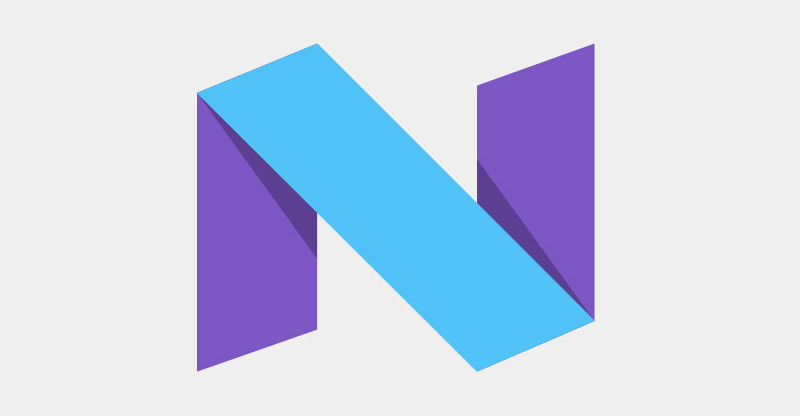
This one is basically a given. Google has been talking about Android N — the next major release of its Android platform — for months now, having already released a couple of preview builds for developers to work with.
I/O tends to be where the company starts to cement their plans. When will it ship? What’s the new stuff?
We already know plenty of said new stuff: things like a built-in splitscreen mode (some LG/Samsung devices can already pull off splitscreen apps, but it’s not officially supported), a redesigned/cleaner notifications pulldown with inline replies, and more automated power saving logic to keep your gadgets from dying when you’re not actually using them.
Less concrete, but seemingly likely, is built-in platform-level support within Android for virtual reality headsets like Google Cardboard and Samsung GearVR.
Android Wear Updates:
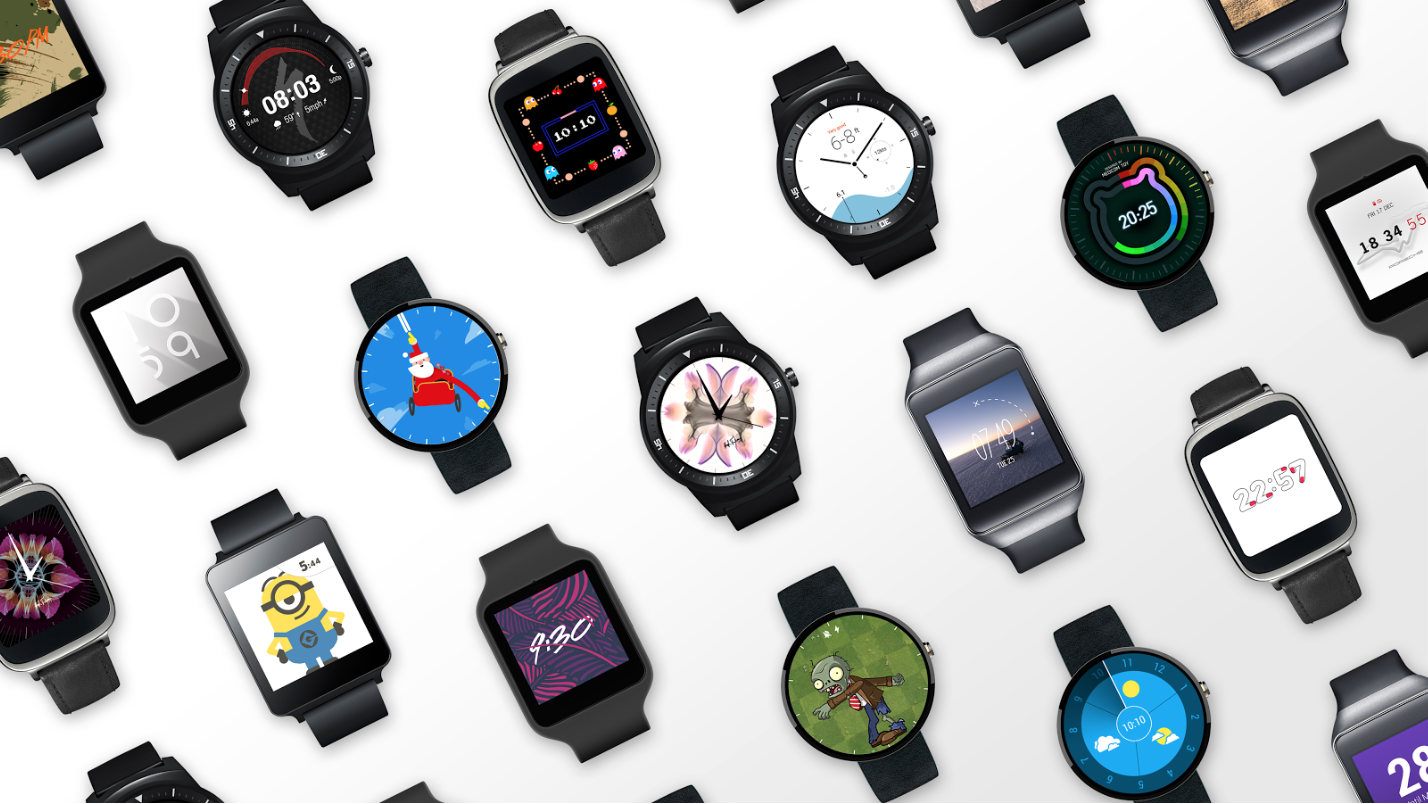
It’s been a few months since Android Wear has seen much in the way of an update. It’s about time for some new schtuff in the world of Wear.
And, hey, look at that: Google has an entire panel on Day 2 of I/O called “What’s new in Android Wear?”, where they’ll “share [their] vision for the Android Wear platform”.
Android Apps for Chromebooks:
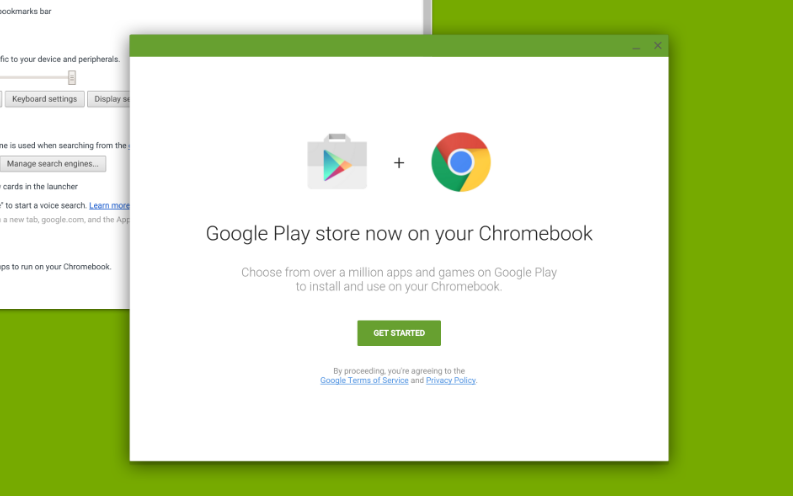
Screenshot via InauspiciousPagan on Reddit
All signs are pointing toward Chromebooks picking up the ability to run Android apps. Not just a handful of Android apps, mind you — millions, if not all of them.
Less than a month ago, someone on reddit caught a fleeting glimpse of a checkbox that said “Enable Android Apps to run on your Chromebook”.
A few hours later, someone else almost, almost got the Google Play store to fire up on their Chromebook — but it didn’t quite work just yet.
So yeah — it’s coming, sooner or later.
Google’s Proper VR Headset:
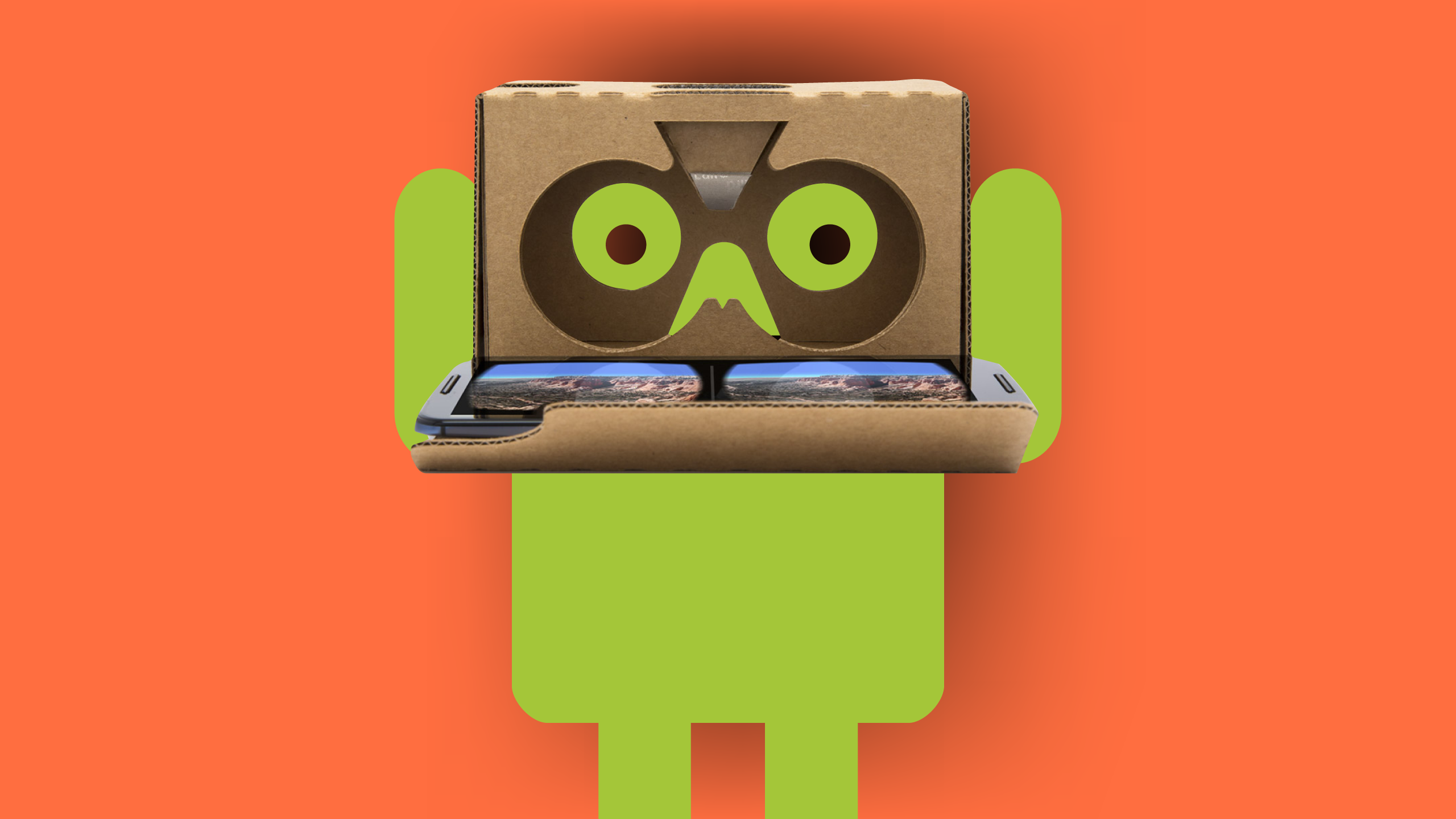
We’ve all been thinking it for a while: Google’s ultra-cheap “Cardboard” VR headset project has to be leading to something bigger and less… made-of-cardboard.
But what will said something look like?
Some say it’ll just be a polished, less-cheapo version of the Cardboard headsets — something in the just-stick-your-phone-in-it mindset first established by Samsung’s GearVR, without guts/brains of its own.
Others say it’s something more. According to the WSJ, Google is working on a fully independent VR headset that has everything it needs built right in, no smartphone or PC or gnarly cables trying ever so hard to make you fall on your face.
Why not both?
Android VR:
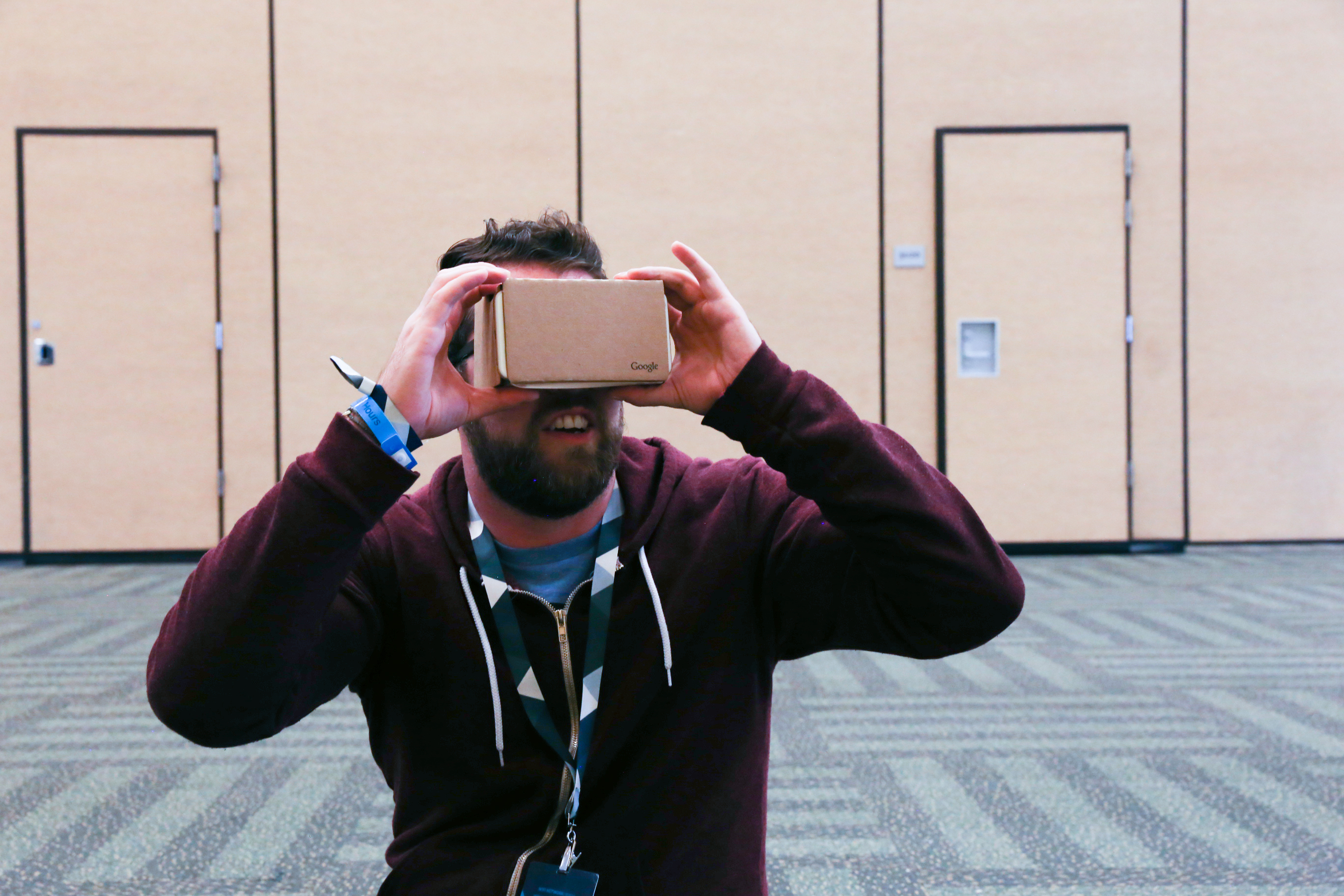
And what’s a standalone VR headset without a platform to run on it?
Last week, Google’s own Developer Console ever-so-briefly showed a listing for “Android VR” alongside the already debuted “Android Wear”, “Android TV”, and “Android Auto”. Whoops!
This fits hand-in-hand with everything else we’ve heard so far: Google’s plans to tie VR support into Android at a platform level, the various headset hardware they’re dabbling with, etc.
Project Tango:
Project Tango, itself, isn’t new. It’s the codename for Google’s effort to build computer vision solutions that allow devices like smartphones (AND VR HEADSETS!) to understand their position in the real world, map out the environments around them, and do all sorts of wild augmented reality stuff without the need for marker images or big ol’ external sensors.
What would be new, however, is Google dropping news about a for-the-masses device with Tango smarts built-in. Everything seems to suggest that if Tango isn’t a notable part of I/O, something went wrong.
Google Chirp, an Amazon Alexa Competitor:
People seem to really like Amazon’s Echo — the company’s always-on voice powered home assistant. It can order you an Uber! It can tell you the weather, or about traffic, or the news! It can turn off your lights!
“The voice recognition is just so good!”, people say.
You know who else is really, really good at voice recognition? Google.
You know who else has all sorts of data about the weather, or traffic, or news? Google.
You know who else would be perfectly able of calling you an Uber, or controlling your lights (by way of? Google.
Google made it absolutely, 100% clear with their acquisition of Nest and later Dropcam: they want to be in your home. While the idea might terrify some, a Google-powered Alexa-competitor would be the physical culmination of pretty much everything that Google does well.
All signs and reports suggest that Google is working on it internally, by way of a project called “Chirp” — and I/O seems like the perfect stage for its debut.
What else?
Tune in tomorrow to find out. We’ll be at the venue* bright and early (me and Tito are taking over TechCrunch’s Snapchat tomorrow, which should be… interesting), but our liveblog should fire up right before 10 AM Pacific. See you tomorrow!
(* Curiously, I/O is changing venues this year. Traditionally held in San Francisco’s Moscone Center, I/O is moving down to the Shoreline Amphitheater; a venue located just a stone’s throw from Google’s Mountain View HQ, and the frequent home of massive/deafeningly loud concerts. (We’ve internally been calling I/O 2016 “Google Warped Tour” for a few weeks now))





























Comment